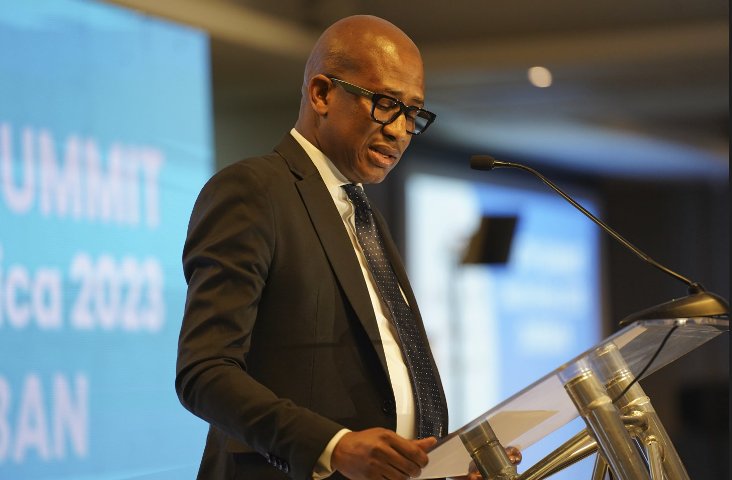GCIS Budget of R2.468 Billion to Drive Anti-GBVF Campaigns, Media Support, and Digital Expansion
Speaking after the GCIS Budget Vote presented by Minister in the Presidency Khumbudzo Ntshavheni, Deputy Minister Morolong emphasized the importance of this financial injection.

- Country:
- South Africa
The South African Government Communication and Information System (GCIS) has been entrusted with a significant budget allocation of R2.468 billion over the 2025 Medium-Term Expenditure Framework (MTEF) period, a move that Deputy Minister in the Presidency Kenny Morolong asserts will empower the agency to deliver on its mandate effectively.
Supporting Critical Campaigns
Speaking after the GCIS Budget Vote presented by Minister in the Presidency Khumbudzo Ntshavheni, Deputy Minister Morolong emphasized the importance of this financial injection. He expressed hope that the funds would not only support government communication efforts but also amplify campaigns aimed at addressing urgent societal challenges.
“We hope that it will assist funding campaigns aimed at fighting gender-based violence and femicide (GBVF) and building social cohesion. We hope that, with the support of government, it will achieve all that,” said Morolong in a statement to SAnews.
Community Media a Key Focus
A notable portion of the allocated budget will be directed toward supporting community-based media outlets. The Deputy Minister underscored the necessity of sustaining local televisions and radio stations, recognizing their essential role in grassroots communication.
“It is part of our plans to fund the work of community televisions and radio stations. We will have to find better funding models, especially with our advertising,” Morolong added. While he acknowledged that a higher budget allocation would have been ideal, he reassured the public that the GCIS is committed to delivering essential services and executing impactful communication campaigns.
GCIS Budget Allocation Breakdown
Over the 2025 MTEF period, the GCIS’s budget will be distributed as follows:
-
2025/26: R820.281 million
-
2026/27: R805.731 million
-
2027/28: R842.171 million
Despite expressing a desire for increased financial support, Morolong stated: “We will be able to carry out our mandate as expected and we will be able to run our campaigns as expected. However, we will continue to engage the National Treasury for additional funding.”
Modernizing for the Digital Era
During her Budget Vote speech, Minister Ntshavheni reaffirmed the GCIS’s role in ensuring that citizens remain informed through accessible and inclusive communication. She emphasized radio’s ongoing importance as a dominant and relatable platform, citing that 1,086 radio products were used in the past year to inform South Africans in languages they understand.
Looking to the future, Ntshavheni noted that the GCIS must undergo a digital transformation to keep pace with evolving technologies and global communication trends: “The GCIS of the future requires an extensive capital budget to accelerate digital transformation technologies and ensure that the department remains relevant, agile, and productive as the Fourth Industrial Revolution rolls into the fifth.”
She assured Parliament and the public: “I undertake that we will use [this budget] diligently to serve the nation. I say this particularly … as South Africa prepares to hold a National Dialogue.”
Enabling Democratic Participation
The GCIS will play a critical role in facilitating the upcoming National Dialogue—a President Cyril Ramaphosa-led initiative aiming to create a platform for reflection and solutions regarding South Africa’s current challenges. This process will encourage participation from all sectors of society to shape the country’s next democratic chapter.
“This will be a people-led, society-wide process,” Ntshavheni stated. “The GCIS and its agencies stand ready to ensure South Africans have access to information that will enable their effective participation and feedback.”
Looking Ahead
The GCIS’s strengthened budget is poised to advance both strategic communication and inclusive public engagement. From empowering local media outlets to promoting civic involvement through digital innovation and anti-GBVF campaigns, the agency’s trajectory over the next three years will be instrumental in reinforcing South Africa’s democratic and developmental goals.










